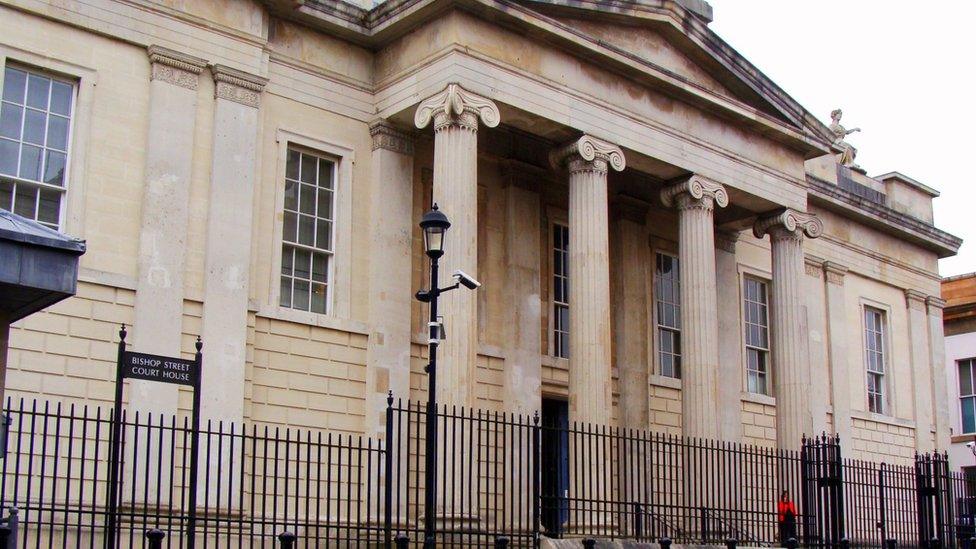Lethal force 'justified' in Francis Bradley shooting
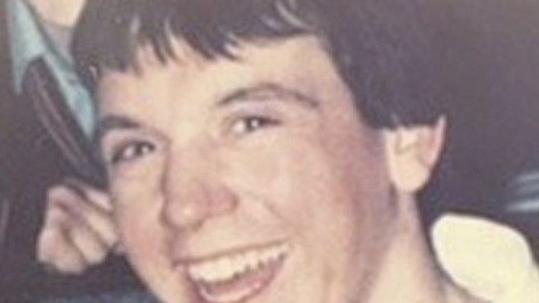
Mr Bradley was shot in a night-time operation involving the army near Toomebridge in February 1986.
- Published
A soldier who killed a suspected IRA member in County Antrim almost 40 years ago used "reasonable and proportionate force" when he opened fire, an inquest has found.
Coroner Peter Irvine said the use of lethal force on Francis Bradley, 20, was "justified" as he posed a threat.
Mr Bradley was shot in a night-time operation involving the Army near Toomebridge in February 1986.
Soldiers had positioned themselves near an arms hide at a farmhouse.
After arriving in a car, Mr Bradley was fired upon 21 times - with eight of the shots hitting him.
His family believe he was the victim of a 'shoot-to-kill' policy.
When he died he was wearing rubber gloves and two rifles were found close to him.
One was an AK-47 which had been used in two dozen attacks on security forces, including four murders.
According to a pathologist's report, the first bullet was fired at him as he was kneeling down with has back to the soldiers.
Other shots, including the fatal rounds, were consistent with him being hit as he lay face upwards from about ten feet away.
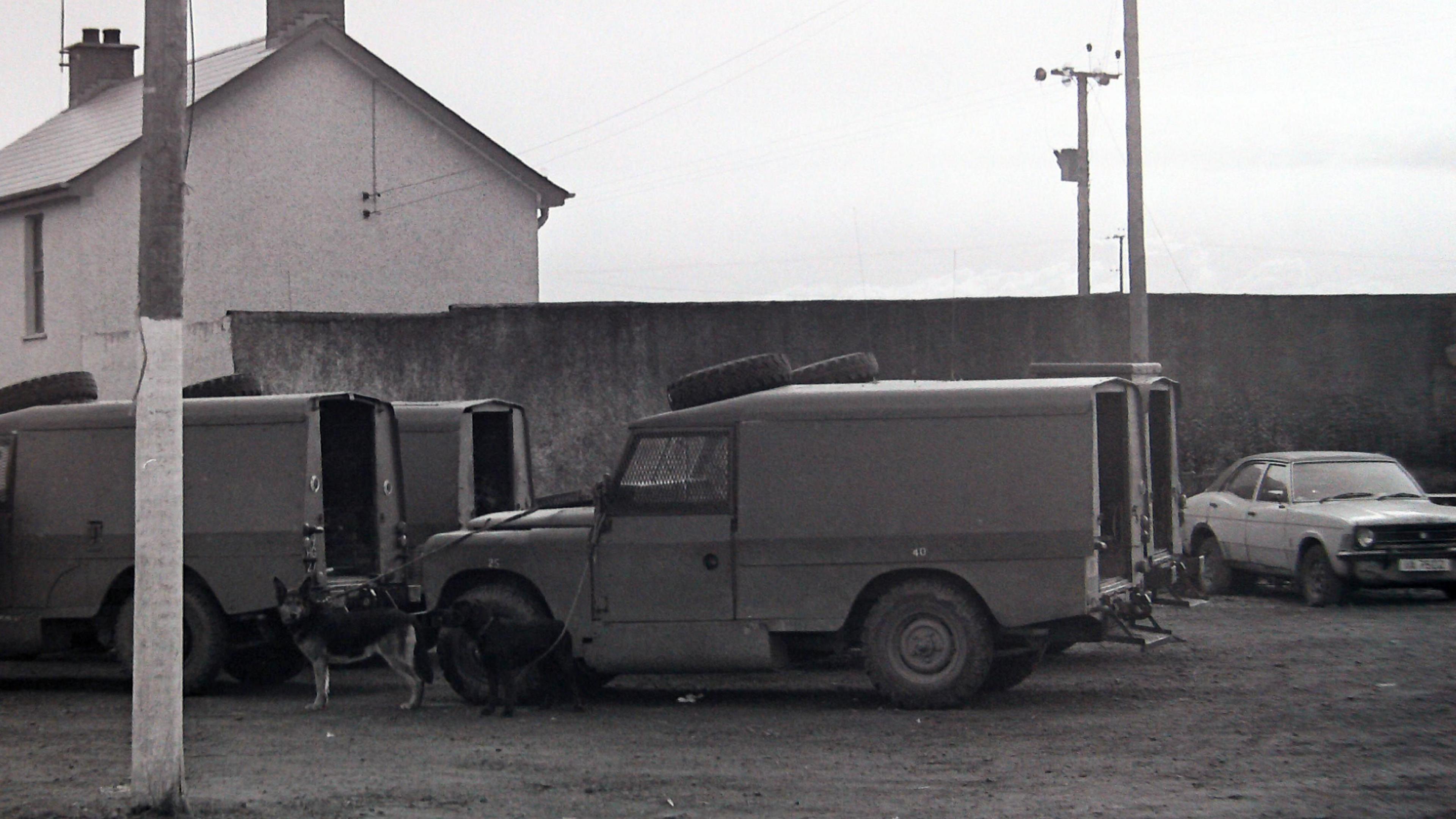
Francis Bradley was shot in Toomebridge in 1986
Second inquest
This was the second inquest into Mr Bradley's death, which was ordered by the attorney general in 2010.
It opened in 2023 and finished hearing evidence in April.
An Army veteran, known as Soldier C, who fired 20 of the shots, including those which were fatal, was among those called to appear.
He declined to answer questions, citing "privilege against self-incrimination".
In a statement at the original inquest in 1987, he claimed he fired when he saw the victim pick up a rifle, believing he was going to "engage us".
He added the shots had been instinctive.
It was claimed "halt" had been shouted before firing started.
'Ultimately unlawful'
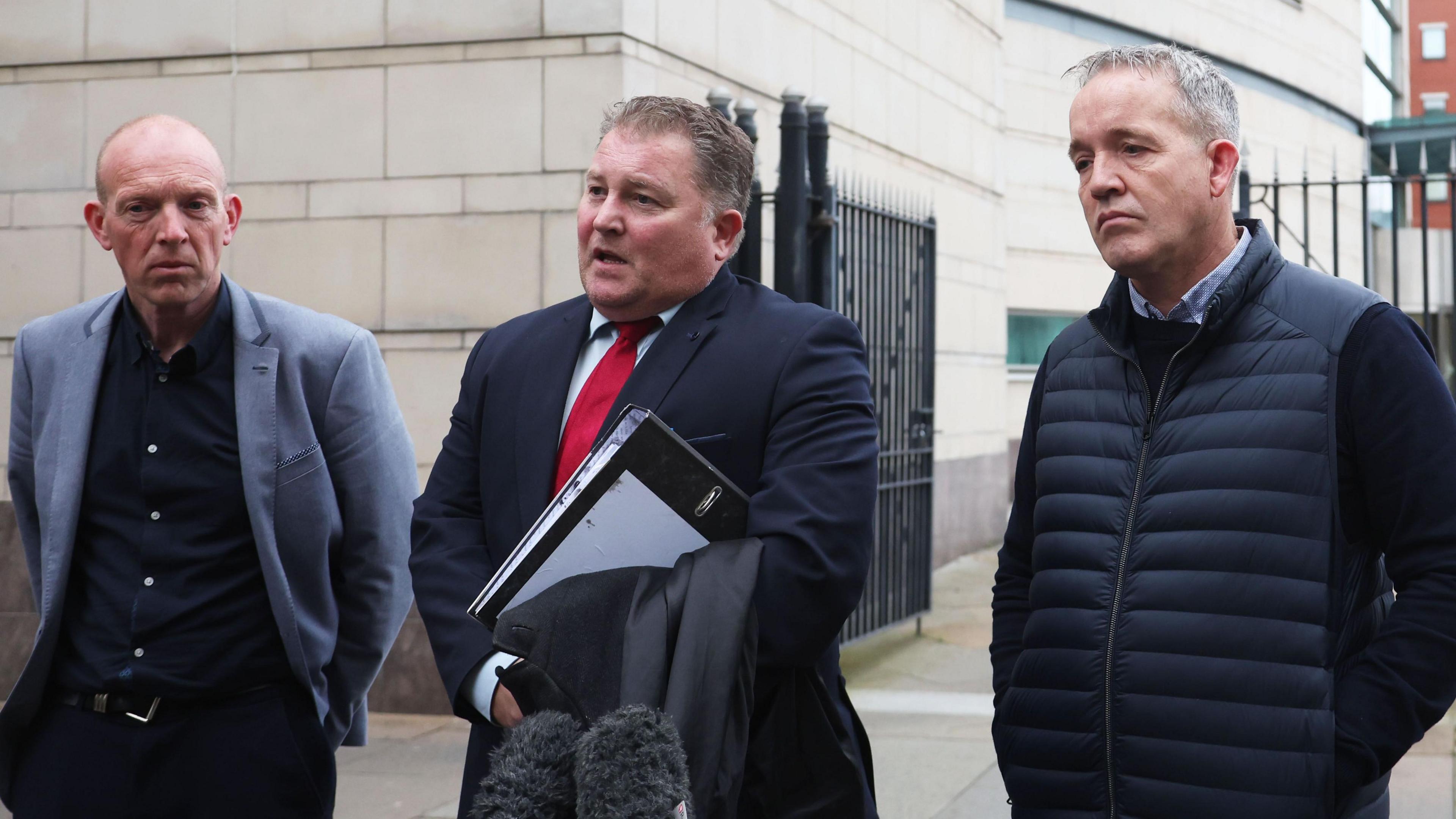
Solicitor Ciarán Shiels spoke outside court on behalf of Mr Bradley's family
The legal team for Mr Bradley's family had alleged Soldier C had "executed" him as he lay wounded.
Speaking outside the court, solicitor Ciarán Shiels said that a judicial review of the coroner's findings is an option on the grounds that the findings are "unreasonable", "irrational" and "ultimately unlawful".
Mr Shiels described it as "shocking" that the coroner chose to believe the soldier who "wouldn’t answer any questions about his account from 37 years ago".
The inquest heard it claimed months before he died, and while under arrest, police had told him he would not see his 21st birthday.
When he was shot dead, they described him as "an important member of the Provisional IRA".
At the time the IRA denied it, but Mr Bradley's name was later added to the organisation's 'roll of honour'.
The inquest finished hearing evidence just before the Legacy Act came into force in May.
It bans future inquests related to the Troubles - but the government has said it plans to change the law to reinstate them.
As Mr Bradley's inquest had heard all evidence prior to the deadline, it was able to deliver findings.
Related topics
- Published4 April 2024
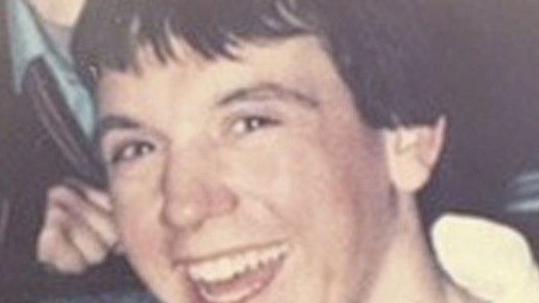
- Published24 April 2023
